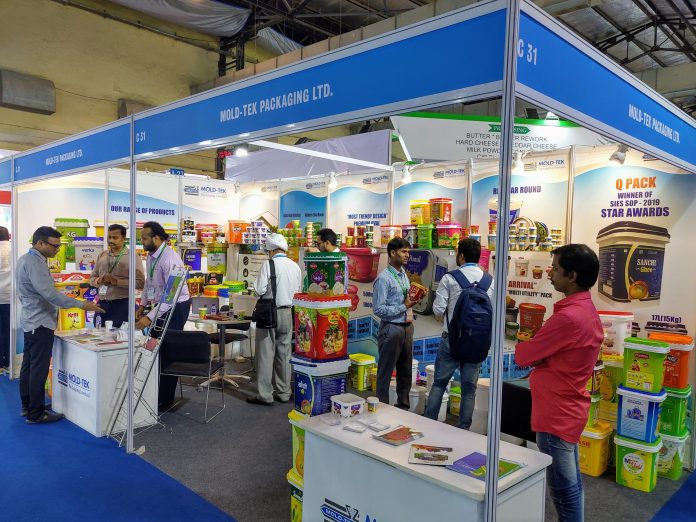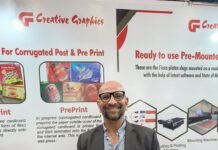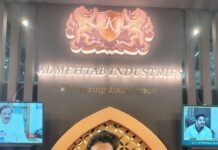Hyderabad-headquartered manufacturer of injection molded rigid plastic packaging containers and pioneers of in-mold labelling (IML) applications, Mold-Tek Packaging will be commissioning its ninth plant in the next eight to 12 months, Gowtham Janumahanthi, marketing manager, Mold-Tek Packaging said during the recently concluded India International Dairy Expo (IIDE) 2019.
“The new plant will be located in North India and it will be operational within the next 12 months. This plant will take care and better serve our customers in the northern region of the country. We also have a sales office in Gurugram,” says Janumahanthi.
Mold-Tek claims to be the first company in the country to introduce IML concept for decorating plastic containers using robots. The company now supplies injection-molded containers to customers in segments like pains, lubricants, food, FMCG and pharmaceuticals. The company is listed on India stock exchanges and has a market capitalization of more than Rs 1,000 crore. It has an injection molding capacity of 30,000 tons per year with over 70 injection molding machines.
Molt-Tek has integrated facilities for mold manufacturing, processing, label making and decoration. It also makes its own IML robots.
At the IIDE 2019, among the many solutions on display, the company highlighted retail packs for ghee (clarified butter). These injection-molded containers are made from polypropylene.
“This new product was launched in March this year. These PP containers offer greater hygiene as the IML process is totally hands free so there is no human touch. Also, these containers have a wider mouth, which makes it much easier to scoop out the ghee. These containers are completely sealable,” says Janumahanthi.
Rising demand for IML applications in food, FMCG
When Mold-Tek got into IML more than a decade ago, most of the customers were from paint and lubricant industries. However, in the last few years, demand for IML in food and FMCG segments has picked up pace, says Janumahanthi.
“Our first customers were from the paints and lubricants industries. Then about five years ago we started approaching food and FMCG companies. We now work with a variety of companies who make ice creams, edible oil, dairy products, biscuits and chocolates, among others. From 10% of our customer base about two year ago, food and FMCG companies now make up almost 20% of our customer base,” says Janumahanthi.
He believes that the next five years will see robust growth in demand for IML applications in the food and FMCG segment.
“I am very optimistic about demand for IML application in food industry and in the next five years we may have 50% of customer base made up of companies in the food and FMCG business and the rest 50% from industrial segments like paints and lubricants. We are seeing demand for IML from regional brands as well,” he concludes.











